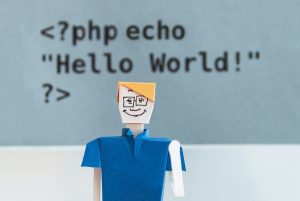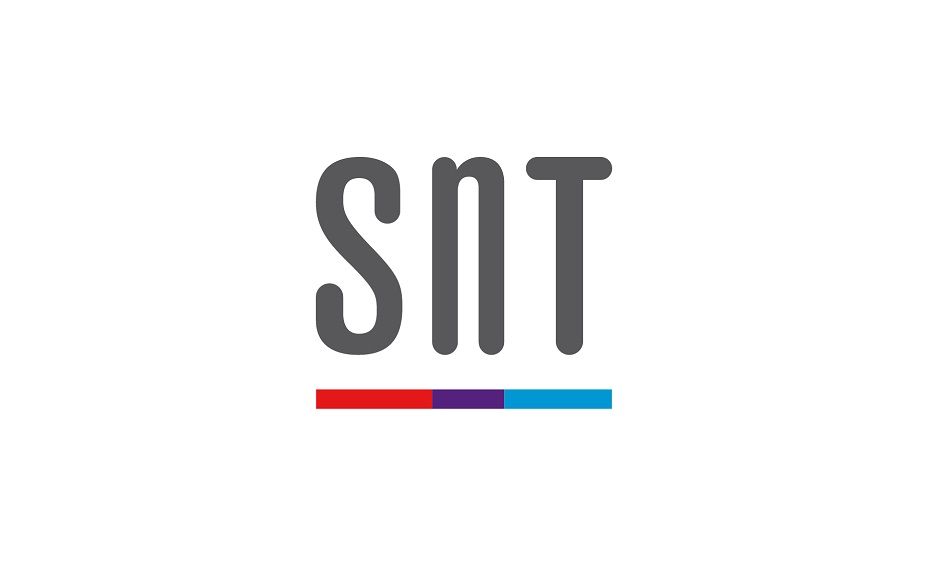Our research in Quantum
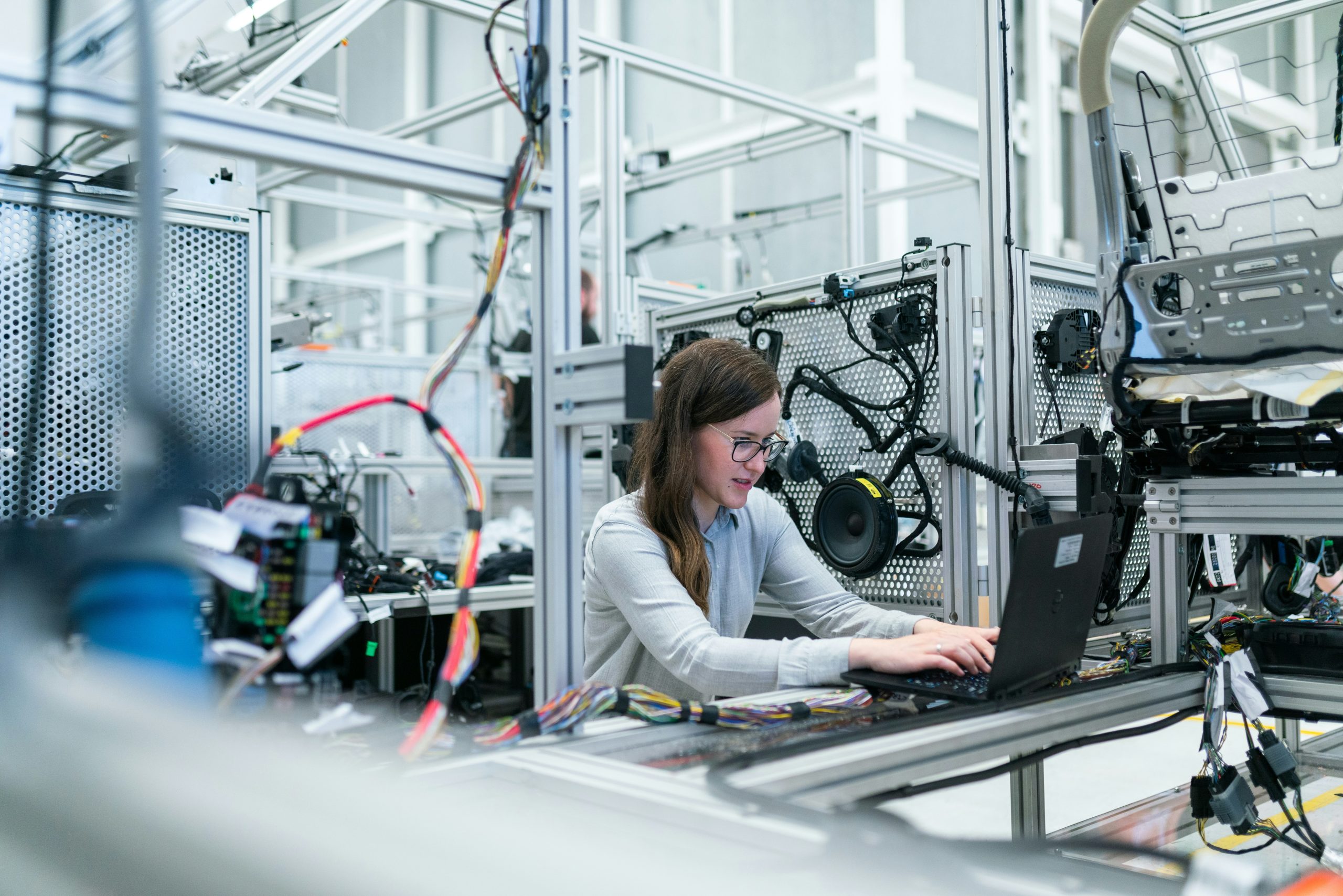
The University of Luxembourg’s quantum research landscape spans theoretical and applied physics, quantum computing, quantum cryptography, and computational quantum mechanics. With recent investments, including the hiring of Prof. Marko Rancic in Quantum Computing, and strategic research funding from ERC and FNR, the University is strengthening its position for Luxembourg’s national quantum strategy.
Quantum threat meets quantum solution
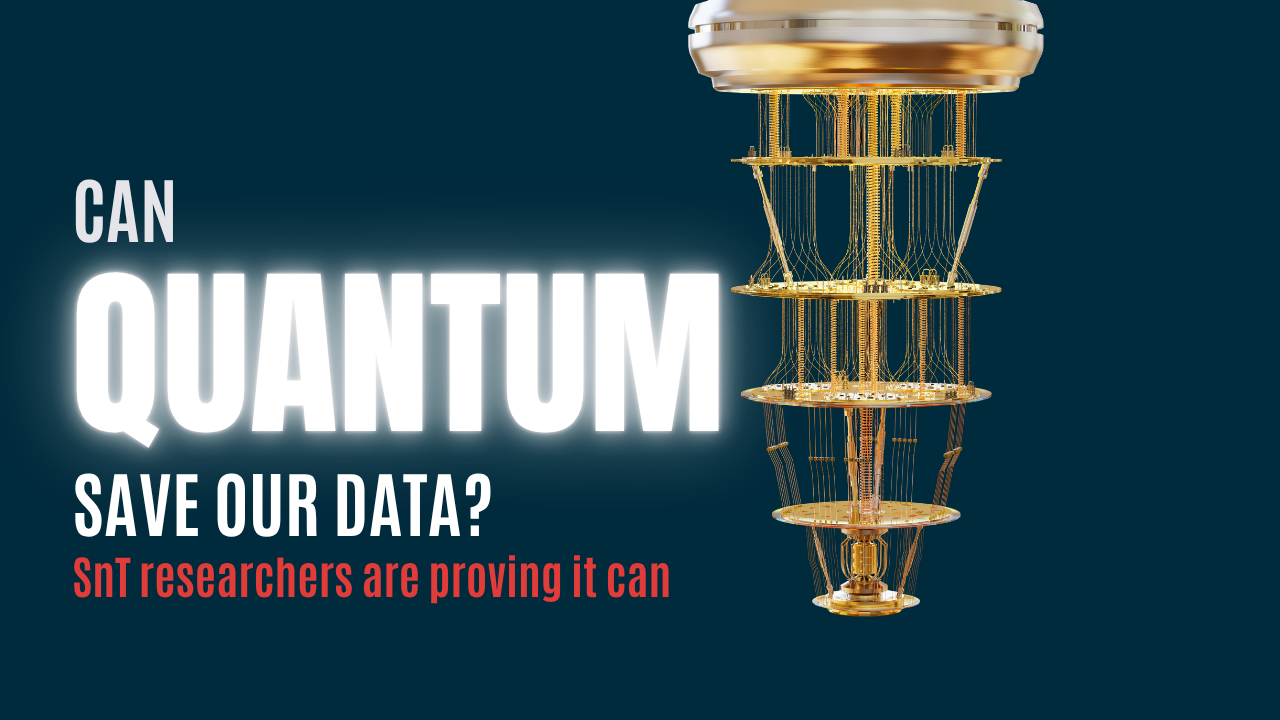
At SnT, we’re advancing cybersecurity with Quantum Key Distribution (QKD). This is a breakthrough technology that uses quantum physics to make communications virtually unhackable.
Through LUQCIA, our quantum communication initiative, we’ve tested QKD in real-world networks, from connecting campuses in Luxembourg to laying the groundwork for international quantum links.
Our quantum research areas
Traditional computers process information in bits (0s and 1s), but quantum computers use quantum bits (qubits) that can represent both 0 and 1 at the same time. This unique ability, along with other quantum properties, allows quantum computers to solve certain complex problems far more efficiently than classical computers ever could.
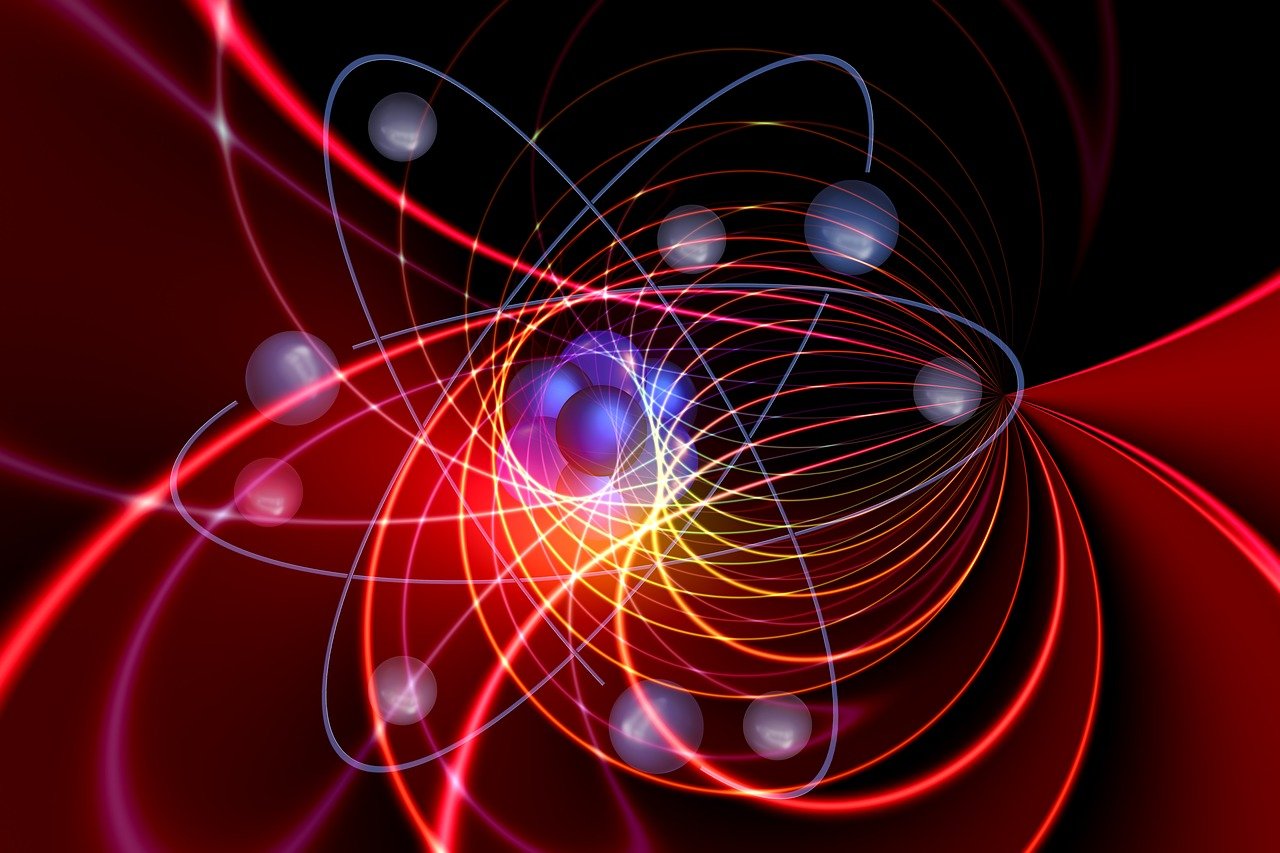
Quantum Algorithms and Technologies of Emulation in High Performance Computing group
Led by Prof. Marko Rancic, the group focuses on further strengthening the university’s expertise in quantum software, algorithms, and interdisciplinary quantum research.
Research focus
-
– Applied quantum computing: topics in optimization, physics and chemistry
– Quantum-enhanced machine learning and hybrid quantum-classical models
– Quantum Centric supercomputing
– Developing courses and training programs in quantum computing
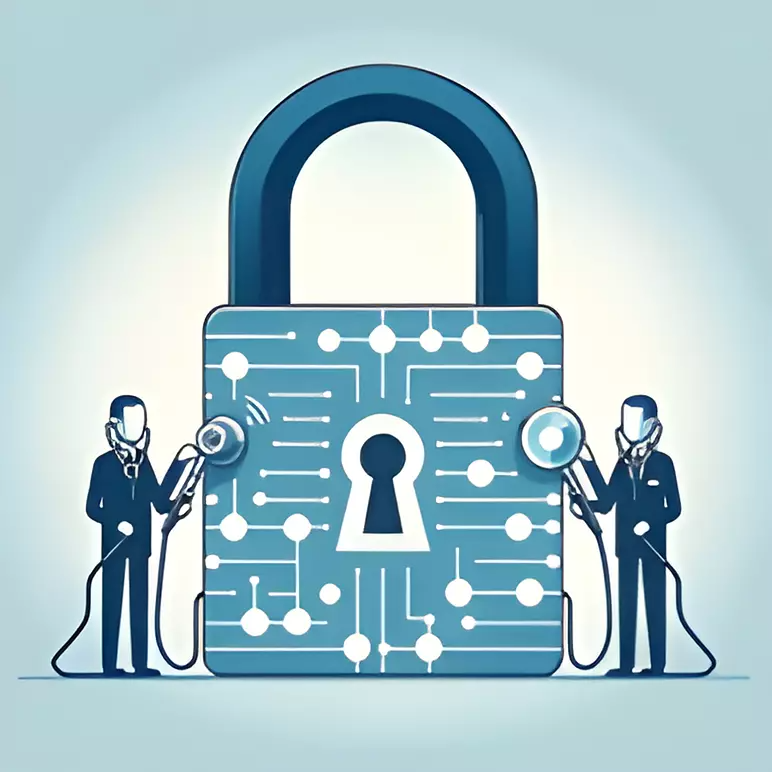
Applied cryptography group
Led by Jean-Sebastien Coron, the group focuses on fully homomorphic encryption and post-quantum algorithms and on the secure implementation of post-quantum algorithms.
Research focus
-
– Design of quantum secure cryptographic algorithms
– Secure implementation of post-quantum algorithms
Quantum information theory studies how information can be stored, processed, and transmitted using quantum systems. It bridges classical information theory and quantum mechanics, exploring how quantum properties like superposition and entanglement can be used to process information in new ways. Think of it as the theoretical framework that explains why quantum computers can solve certain problems faster than classical computers, and why quantum communication can be completely secure.

Quantum Information Theory Group
Led by Prof. Adoldo del Campo, this research group investigates non-equilibrium quantum systems with applications to quantum science and technology, as well as the foundations of physics. Their work includes developing shortcuts to adiabaticity for quantum control, studying the dynamics of phase transitions and topological defects, exploring quantum speed limits and information geometry, and examining open and noisy quantum systems.
Research focus
-
– Non-equilibrium quantum systems and their applications in quantum science and technology.
– Quantum speed limits, information geometry, and shortcuts to adiabaticity for fast and robust quantum control.
– Open and noisy quantum systems and their behavior in real-world scenarios.
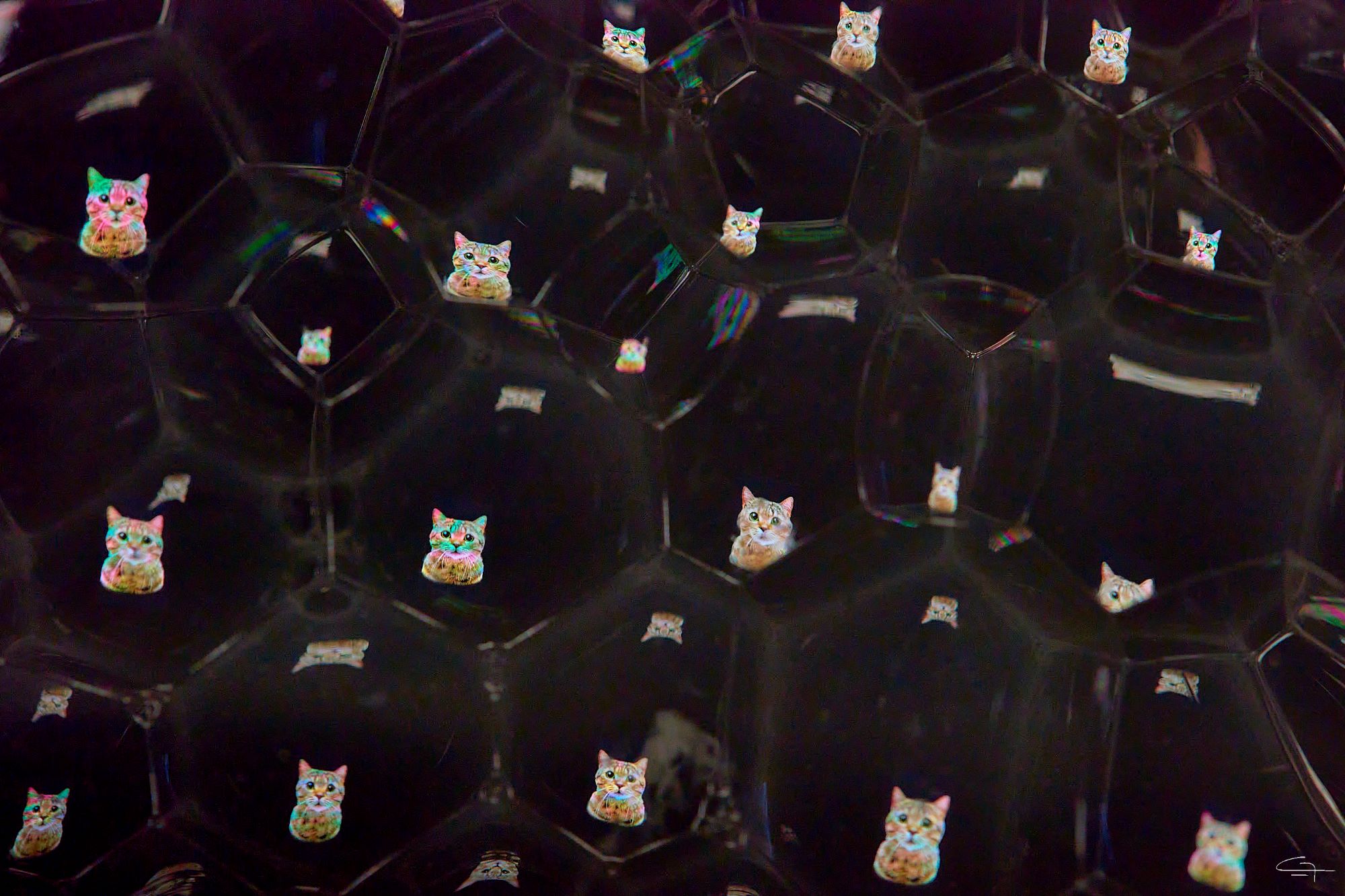
Quantum Dynamics and Control Group
Led by Prof. Aurelia Chenu, the group focuses on using noise as a resource to control the dynamics of quantum systems. Another line of research focuses on many-body quantum systems. By studying the spectral statistics of complex many-body systems, they are able to quantify the amount of integrability / chaos and infer how regular is the resulting dynamics. They also study energy transfer in systems from physical chemistry, such as networks of chromophores, relevant for the study of transport in the photosynthetic light-harvesting complexes.
Research focus
-
– Quantum decoherence and dissipation for quantum technologies (FNR Attract QOMPET).
– Quantum thermodynamics, studying how energy dissipation affects quantum systems.
– Quantum control and noise-resilient quantum systems.
– Spectral analysis of many-body quantum systems and diagnosing quantum chaos.
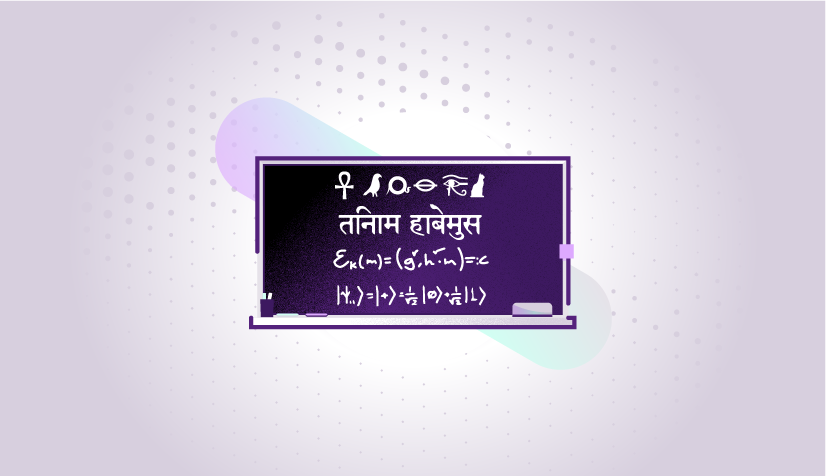
Applied Security and Information Assurance (APSIA)
APSIA’s mission is to develop and evaluate techniques to mitigate the multitude of cyber threats, and make the digital world more secure and trustworthy for its citizens.
Research focus
-
– design and verification of cryptographic protocols
– privacy-enhancing technologies
– secure voting and digital democracy
Quantum communication takes advantage of quantum properties to create highly secure data transmission systems. Because quantum states change when observed, any attempt to intercept the communication can be detected immediately. This makes quantum communication systems naturally resistant to hacking.

Quantum Information Theory Group
Led by Prof. Adoldo del Campo, this research group investigates non-equilibrium quantum systems with applications to quantum science and technology, as well as the foundations of physics. Their work includes developing shortcuts to adiabaticity for quantum control, studying the dynamics of phase transitions and topological defects, exploring quantum speed limits and information geometry, and examining open and noisy quantum systems.
Research focus
-
– Non-equilibrium quantum systems and their applications in quantum science and technology.
– Quantum speed limits, information geometry, and shortcuts to adiabaticity for fast and robust quantum control.
– Open and noisy quantum systems and their behavior in real-world scenarios.

Quantum Dynamics and Control Group
Led by Prof. Aurelia Chenu, the group focuses on using noise as a resource to control the dynamics of quantum systems. Another line of research focuses on many-body quantum systems. By studying the spectral statistics of complex many-body systems, they are able to quantify the amount of integrability / chaos and infer how regular is the resulting dynamics. They also study energy transfer in systems from physical chemistry, such as networks of chromophores, relevant for the study of transport in the photosynthetic light-harvesting complexes.
Research focus
-
– Quantum decoherence and dissipation for quantum technologies (FNR Attract QOMPET).
– Quantum thermodynamics, studying how energy dissipation affects quantum systems.
– Quantum control and noise-resilient quantum systems.
– Spectral analysis of many-body quantum systems and diagnosing quantum chaos.

Signal Processing and Communications (SIGCOM)
SIGCOM conducts research aimed at designing, emulating and testing new high-performance systems for the future of mobile and satellite communications. Fields of applications range from 5G/6G telecommunications to satellite-based internet connectivity.
Research focus
-
– increasingly efficient systems to transmit, analyse, and recover high-quality data
Quantum materials exhibit properties that emerge from quantum effects rather than classical physics. These materials can conduct electricity without resistance, respond uniquely to magnetic fields, or display other unusual behaviors. Researchers study them to develop better electronics, sensors, and energy technologies.
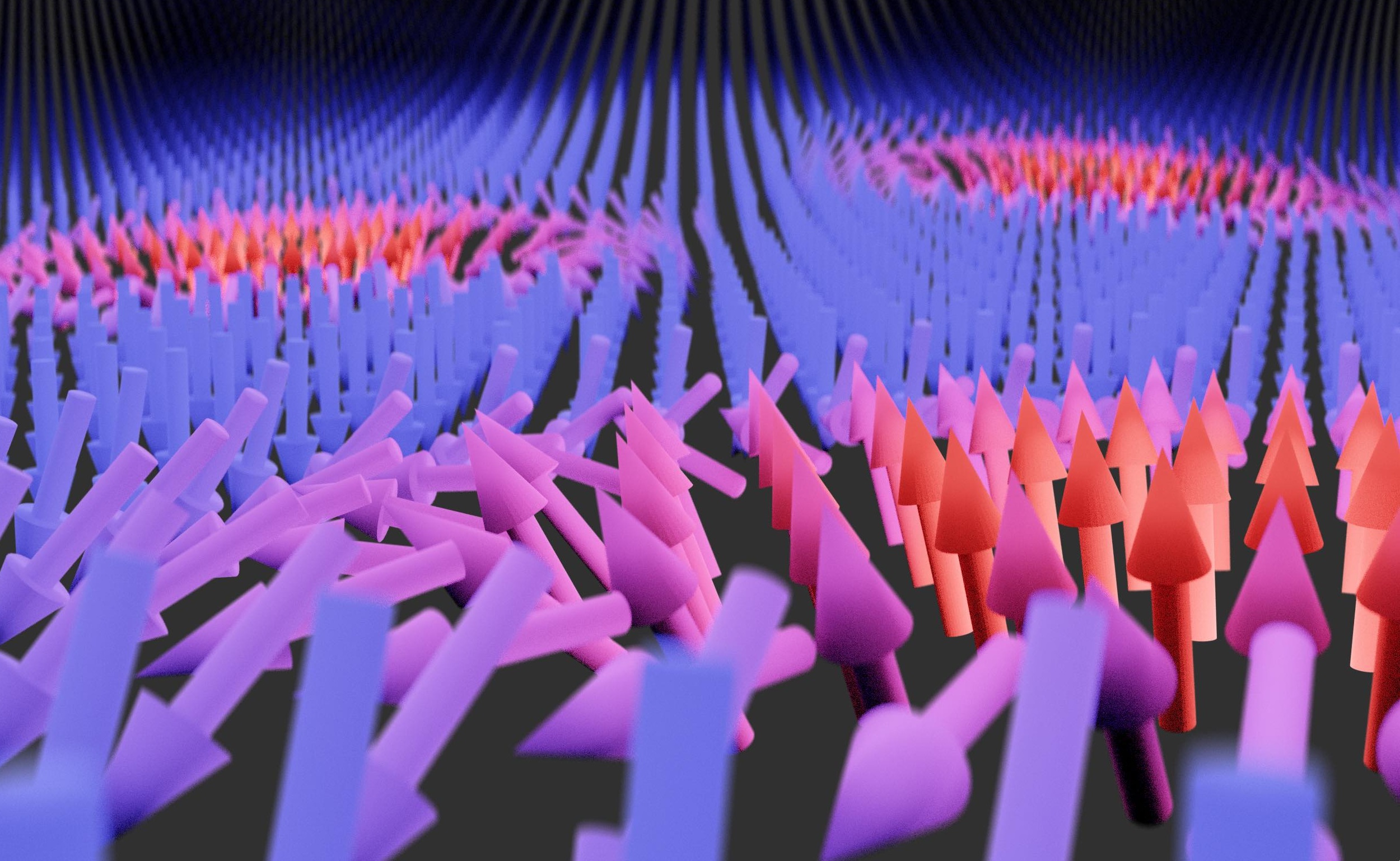
Theory of Mesoscopic Quantum Systems Group
Led by Prof. Thomas Schmidt, this group focuses on topological quantum systems, nonequilibrium quantum systems, and quantum spin systems. Their research aims to answer fundamental questions and develop ideas for applications in quantum technologies, such as robust quantum computation using quantum nanophotonic devices.
Research focus
-
– Topological quantum systems for robust quantum computing.
– Nonequilibrium quantum systems, quantum coherence and transport in nanoscale devices.
– Quantum spin systems, investigating exotic quantum states and materials.
Quantum mechanics describes how atoms and particles behave at their smallest scales. Unlike our everyday world, where things are either here or there, quantum mechanics reveals a reality where particles can exist in multiple states simultaneously and interact in ways that seem to defy common sense.
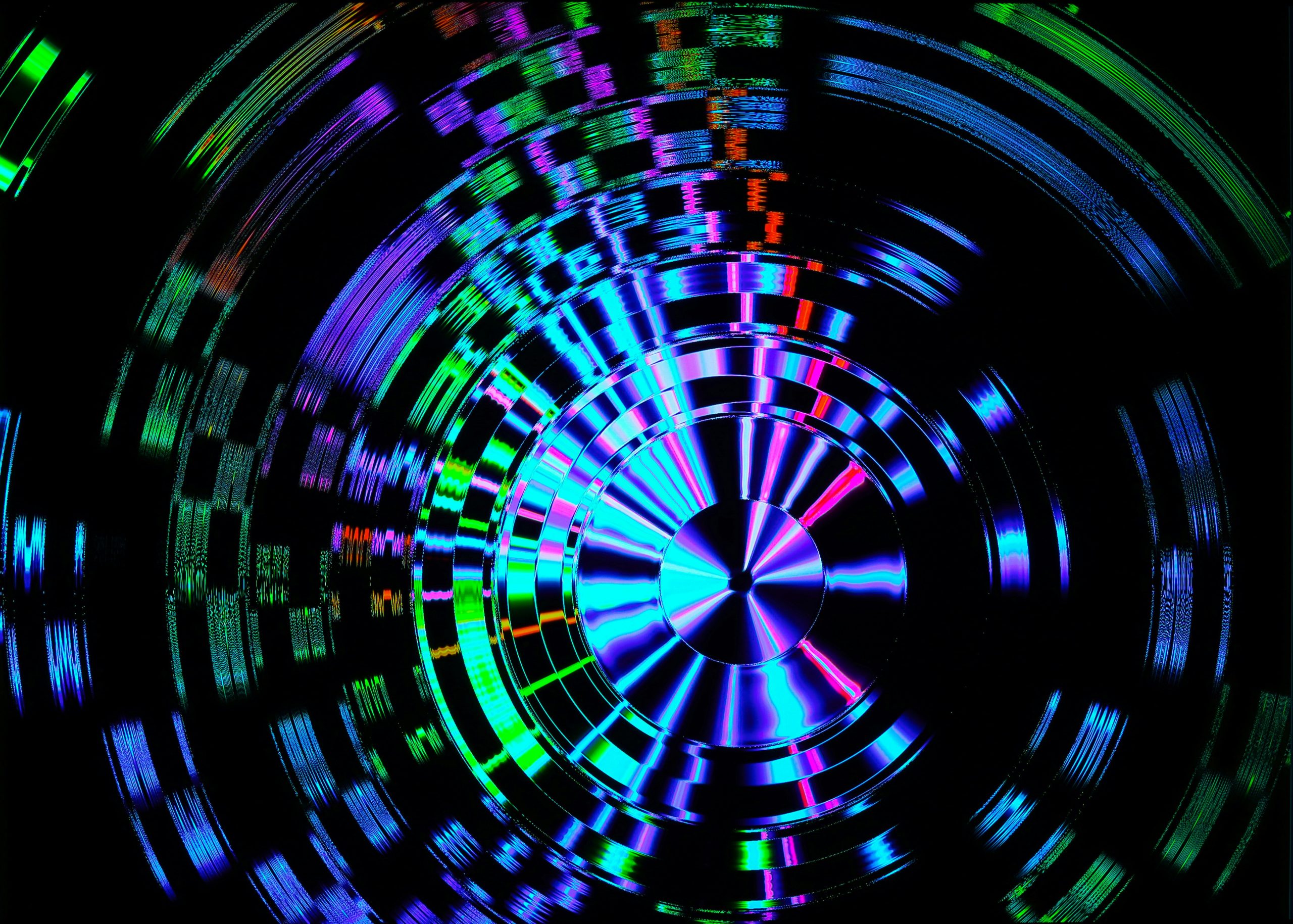
Theoretical Chemical Physics Group
Led by Prof. Alexandre Tkatchenko, the group develops accurate and efficient first-principles computational and artificial intelligence frameworks to study a wide range of complex molecular and material systems, aiming at qualitative understanding and quantitative prediction of their quantum properties at the atomic scale and beyond. The group includes and collaborates with physicists, chemists, biologists, mathematicians, and computer scientists; both in theory and experiment.
Research focus
-
– Quantum field-theory approaches to molecular interactions
– Quantum machine learning for drug discovery and materials science applications.
– Quantum simulations of molecular systems, integrating quantum mechanics and artificial intelligence.
Quantum photonics focuses on controlling and using individual light particles (photons) for technological applications. By manipulating light at its quantum level, scientists can create ultra-secure communication systems, precise measuring devices, and components for quantum computers
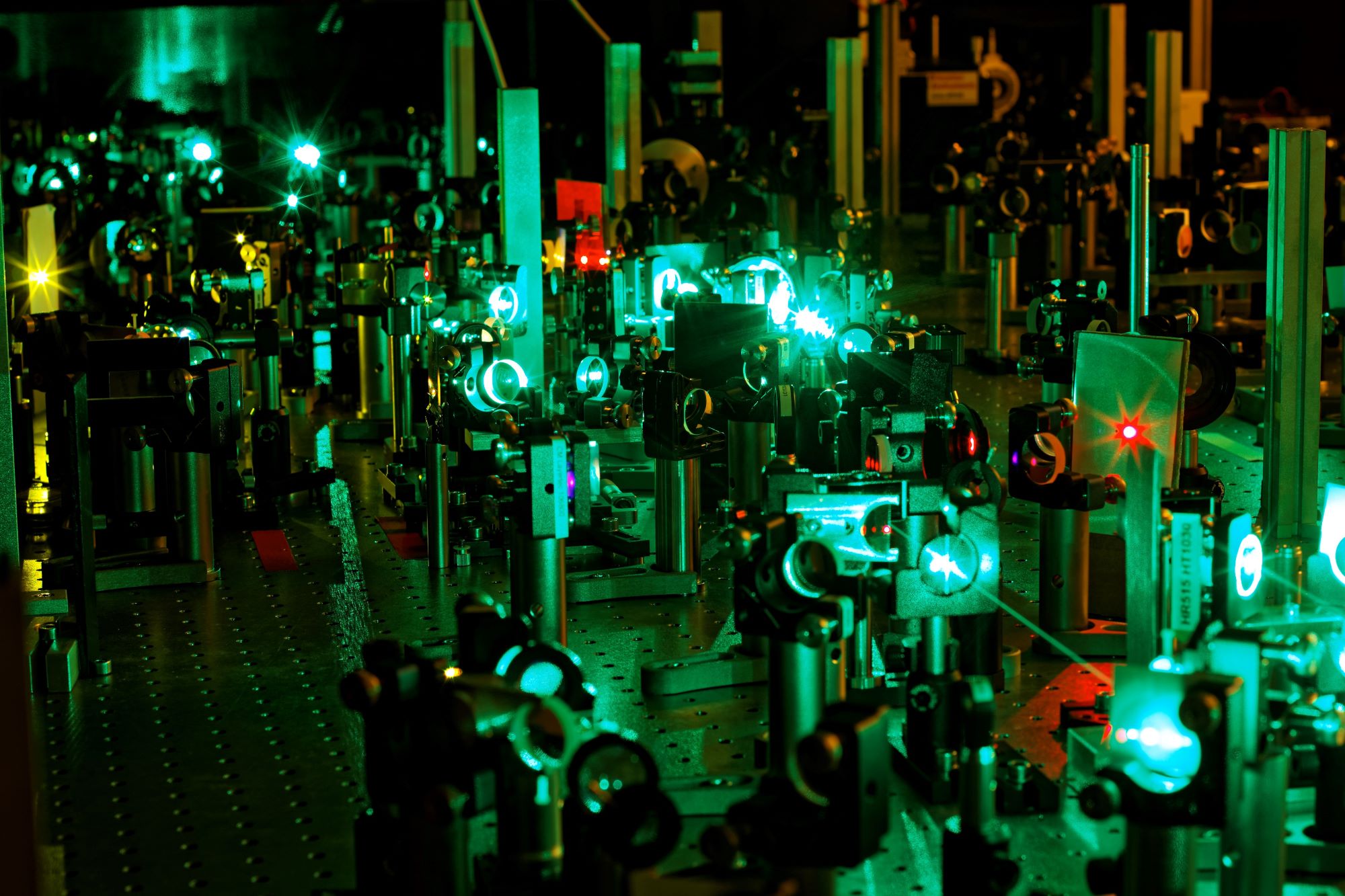
Ultrafast Condensed Matter Physics
This group develops novel ultrashort laser pulses and uses them to investigate the fastest processes that determine the properties of matter
Research focus
-
– investigation of fundamental phenomena occurring in matter at ultrashort timescale
– understand and control how light interacts with matter to unveil the microscopic origin of the properties of materials that are of high technological interest
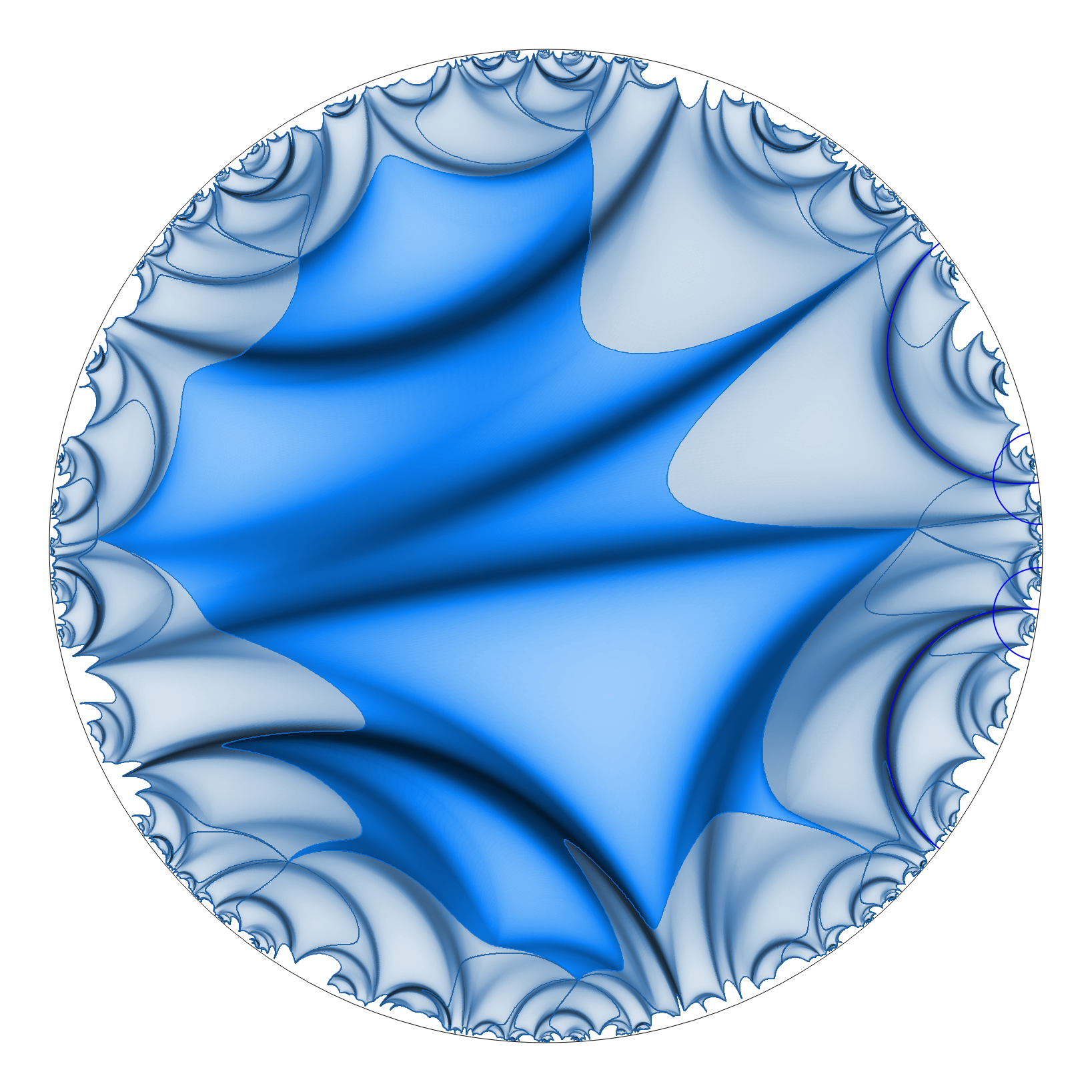
Geometric Structure and Moduli Spaces
This group studies geometric structures on low-dimensional manifolds, such as hyperbolic or anti-de Sitter structures, representations of surface groups in Lie groups, and their moduli spaces.
Our quantum research projects
-
 Physics & Materials Science
Physics & Materials ScienceQuantum Open Mesoscopic Physics for Emergent Technologies (QOMPET)
Learn more -
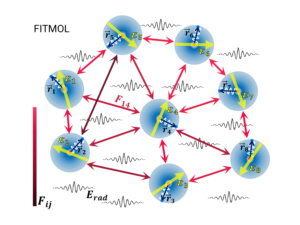
-
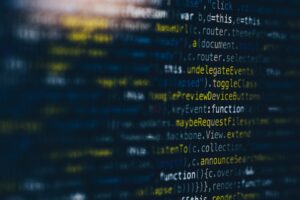
Institute for Advanced Studies (IAS) Funded Quantum Research projects
- QLOQUES: Quantum analogue By Prof. Alexandre TKATCHENKO (FSTM), Prof. Stéphane BORDAS (FSTM) and Prof. Alexander SKUPIN (LCSB)
- QuFiCh: Intersections Between Quantum Fields and Quantum Chemistry by Prof. Alexandre TKATCHENKO (FSTM), Prof. Adolfo DEL CAMPO ECHEVARRIA (FSTM) and Prof. Aurélia CHENU (FSTM)
- BioPhyCh: Intersections Between Physics, Chemistry, and Biology By Prof. Alexandre TKATCHENKO (FSTM) and Prof. Aurélia CHENU (FSTM)
- Quantum forces: from material science to cosmology By Prof. Alexandre TKATCHENKO (FSTM), Prof. Alexander SKUPIN (LCSB) and Prof. Daniele BRIDA (FSTM)
Quantum research publications
These publications showcase how researchers at the University of Luxembourg are advancing secure, reliable, and practical quantum technologies.
Authors: Yoann Marquer, Domenico Bianculli
Summary:
Quantum computing is performed using qubits (quantum bits) instead of classical bits (taking values 0 or 1).
It allows for solving some important problems faster than classical computing but must be performed on remote quantum servers.
In these servers, the unintended interaction of qubits is called crosstalk; it allows one user’s execution to impact another user’s execution, making security attacks possible.
To address this problem, we propose the QAICCC approach which 1) analyses the quantum computer to determine qubits involved in crosstalk with the largest intensity and 2) allocate qubits to users in a way that minimises crosstalk between different executions.
Thus, QAICCC will support quantum computing adoption by securing the usage of quantum servers by many actors.
Authors: Seung Yeob Shin, Fabrizio Pastore, Domenico Bianculli
Summary:
As quantum computers continue to advance, ensuring the correctness of quantum programs is becoming increasingly important. However, traditional tools designed for checking classical programs are not well-suited for quantum programs due to the fundamentally different nature of quantum computing. To address this challenge, we introduce LintQ-LLM, an LLM-powered tool that analyzes quantum code and identifies programming problems. We evaluated LintQ-LLM using real quantum programs written in Qiskit and found that it performs effectively, complementing existing tools. In particular, LintQ-LLM excels at (1) pinpointing the exact lines where problems occur, (2) providing clear and understandable explanations, and (3) adapting easily to new or evolving quantum programming practices. In addition, we discuss new research opportunities for building more advanced, adaptable, and interactive AI-based tools to support developers in writing high-quality quantum programs.
Quantum research labs & infrastructures
The University of Luxembourg provides cutting-edge research facilities dedicated to quantum science and technology. Our laboratories are equipped with innovative instrumentation for quantum experiments and materials fabrication. These modern research spaces support both fundamental investigations and applied research, fostering innovation in quantum technology. Our laboratories serve as collaborative spaces where researchers, students, and international partners work together to advance the frontiers of quantum science.
-
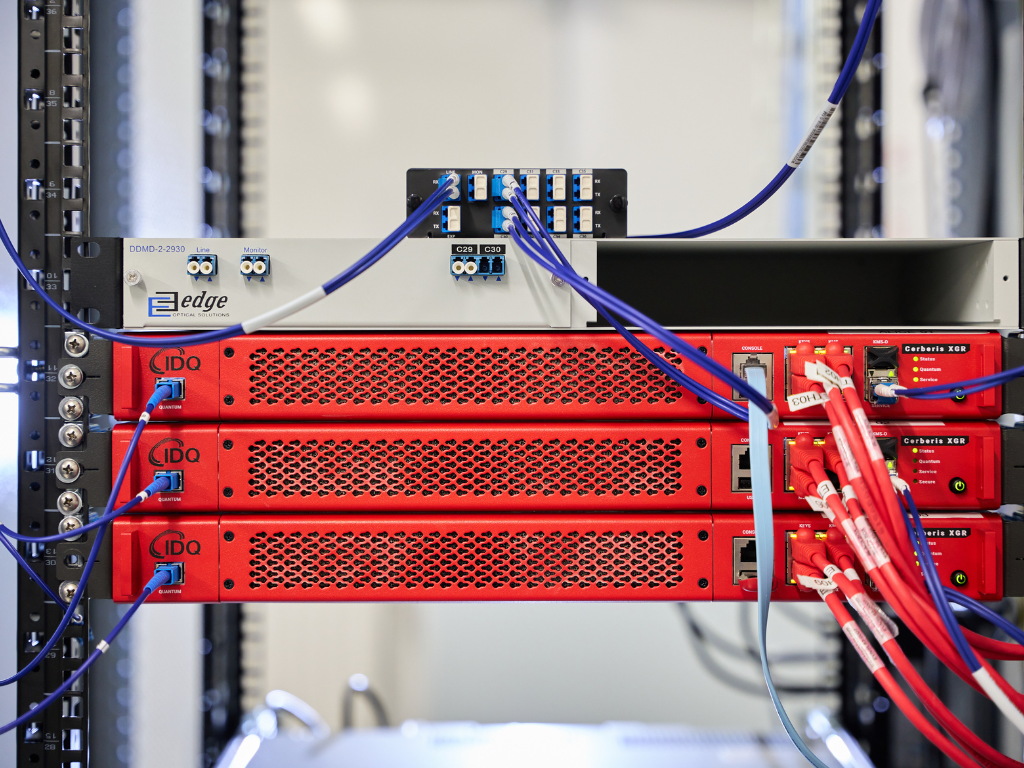
-
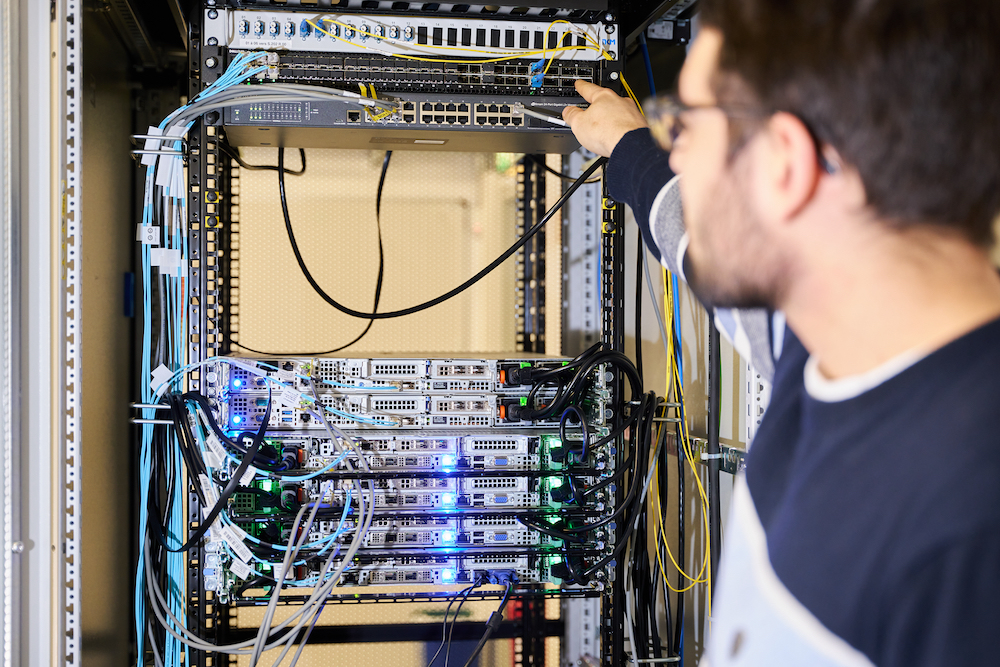
HybridNet Lab
In-lab validation of the advent orchestration of large-scale autonomous and heterogeneous network systems
-
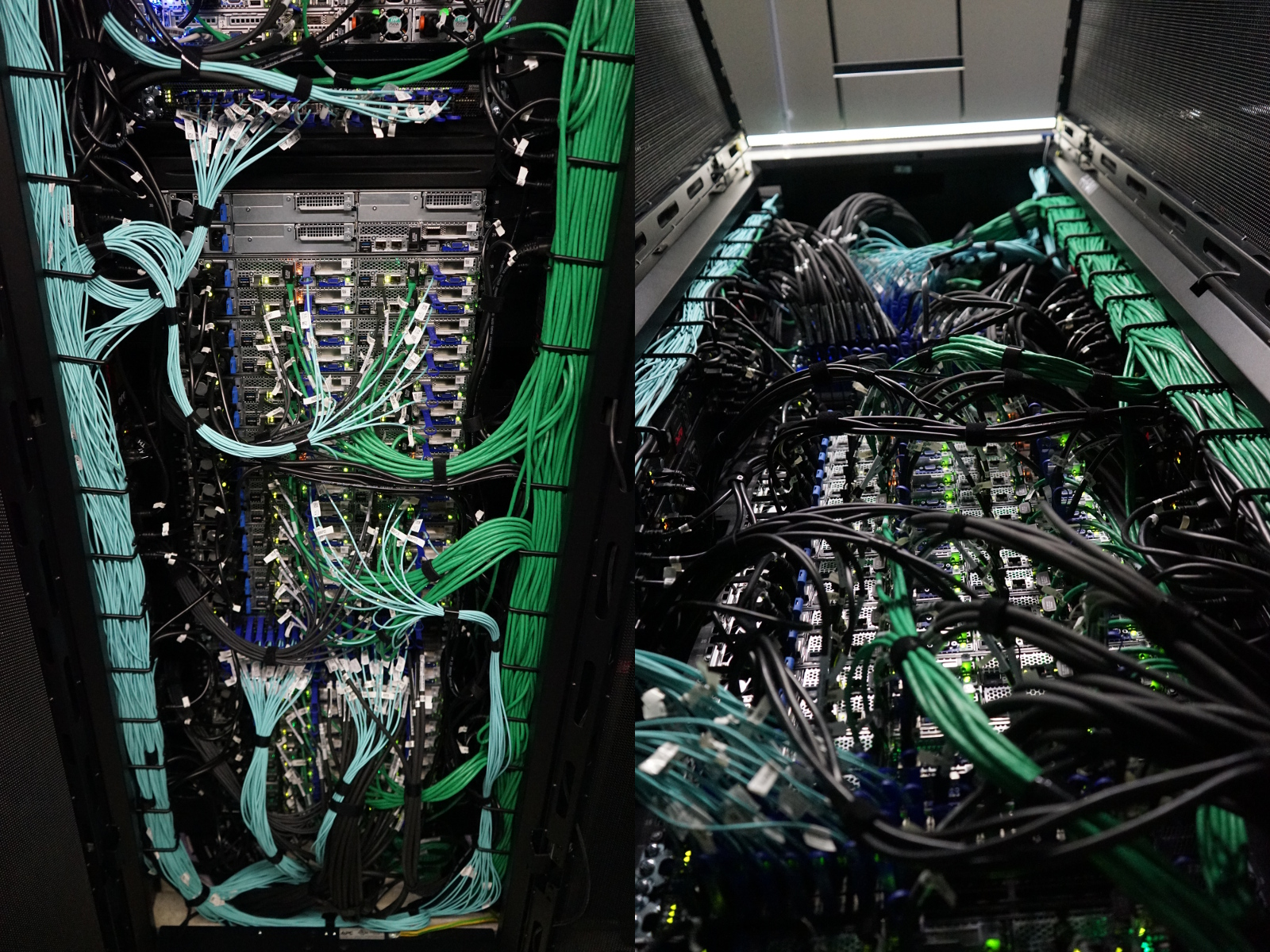
High-performance computing (HPC)
The HPC facility is a cutting-edge research infrastructure for public research in Luxembourg.
Luxembourg is laying the groundwork for a resilient and future-ready quantum ecosystem through strategic investments outlined in its national Quantum Strategy. A cornerstone of this effort is the MeluXina-Q quantum computer, which will be integrated into the country’s high-performance computing infrastructure to support advanced research and innovation. The University of Luxembourg plays a key role in this ecosystem, contributing through its dedicated research groups and collaboration on early use cases. Together with partners like LIST and LuxProvide, the University helps bridge infrastructure with talent and application, ensuring that Luxembourg’s digital backbone is both cutting-edge and deeply connected to its academic strengths.
Quantum research: a strategic priority for Uni.lu
The University of Luxembourg has made quantum technologies a strategic priority in its current Four-Year Plan. The research mainly takes places at 2 key faculties and centres:
Faculty of Science, Technology and Medicine (FSTM)
- Focuses on quantum information theory, computing, cryptography, metrology, and sensing.
- Develops quantum algorithms and explores quantum computing platforms.
- Leads research in quantum optics and quantum-resistant encryption.
Interdisciplinary Centre for Security, Reliability and Trust (SnT)
- Conducts advanced research in quantum computing and communication.
- Works on secure quantum networks, cryptography, and quantum software.
